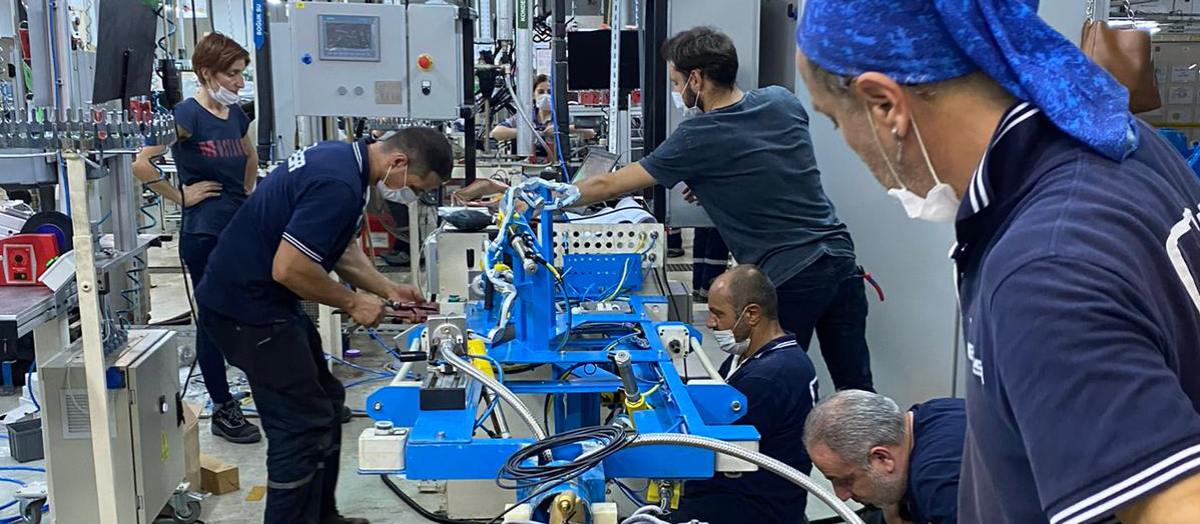
Custom machinery refers to specialized equipment or machines that are designed and built to meet specific needs and requirements of a particular industry, application or project. Unlike off-the-shelf machines, custom machinery is tailored to specific needs and can include unique features, components, and capabilities.
Custom machinery can be found in various industries such as manufacturing, packaging, food processing, construction, and more. Examples of custom machinery include production lines, assembly machines, material handling systems, and automated equipment.
The design and construction of custom machinery requires expertise in engineering, design, and fabrication. It involves a collaborative effort between the customer and the machinery manufacturer to identify the specific requirements, develop a concept, and design a machine that meets the customer’s needs.
The process of designing and building custom machinery typically involves several stages, including conceptual design, detailed design, fabrication, assembly, testing, and commissioning. Each stage requires close collaboration between the customer and the machinery manufacturer to ensure that the final product meets the customer’s requirements and specifications.
One of the main advantages of custom machinery is that it can provide a competitive advantage to companies by improving efficiency, productivity, and quality while reducing costs. Custom machinery is designed to meet specific needs and requirements, which often results in higher performance and better product quality than off-the-shelf machines.
In addition, custom machinery can improve safety and reduce manual labor. Automated systems can perform tasks that are hazardous or repetitive, reducing the risk of injury and fatigue for workers.
Overall, custom machinery plays a crucial role in many industries by providing tailored solutions to unique challenges and requirements. It requires expertise and collaboration between the customer and machinery manufacturer to design and build a machine that meets specific needs and provides a competitive advantage.





